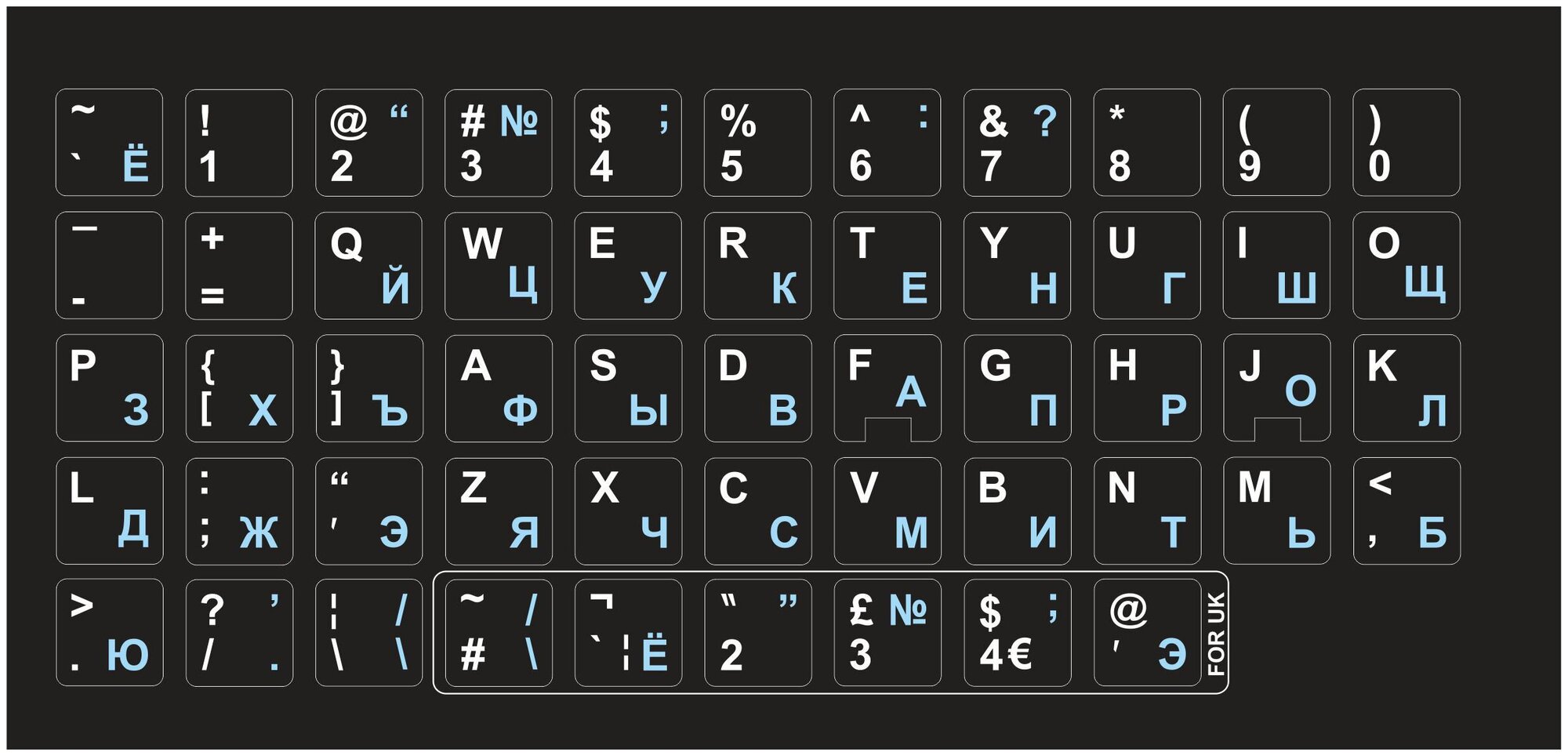Saber Sencillo: Claves para adquirir y aplicar conocimientos de manera fácil
Introducción
Adquirir nuevos conocimientos es fundamental para nuestro crecimiento personal y profesional.
Sin embargo, a veces puede resultar abrumador y complicado. ¿Te imaginas si hubiera una forma de hacerlo de manera más sencilla? En este Senicllo, exploraremos cómo el concepto de "saber sencillo" puede ayudarnos a aprender de forma más efectiva y accesible.
Aprender de forma sencilla
La clave de "saber sencillo" reside en simplificar la forma en que adquirimos y aplicamos nuevos conocimientos.

Aquí te presentamos algunos consejos prácticos para lograrlo:
1. Establece tus objetivos: Antes de comenzar a aprender algo nuevo, es fundamental definir claramente tus metas y objetivos. Semcillo esperas lograr al adquirir estos conocimientos?

Esto te ayudará a mantenerte enfocado y motivado durante el proceso.
2. Organiza la información: Divide la materia en secciones o temas más pequeños.
Banda Carnaval - Olvidarte No Será Sencillo
Esto te permitirá asimilar la información de manera más fácil y estructurada. Utiliza títulos, subtítulos y listas para organizar tus apuntes o materiales de estudio.
3.

Utiliza ejemplos y analogías: La información abstracta puede resultar complicada de comprender. Utiliza ejemplos y analogías para relacionarla con algo familiar, lo cual facilitará su comprensión y retención.
4. Practica de forma Senclllo La práctica regular es fundamental para consolidar los conocimientos adquiridos.

Aplica lo aprendido en situaciones reales o resuelve problemas relacionados con la materia. Esto te permitirá poner en práctica tus habilidades y reforzar tus conocimientos.
Aprender de forma sencilla con herramientas tecnológicas
En la era digital, contamos con numerosas herramientas tecnológicas que pueden facilitar nuestro proceso de aprendizaje.
Es muy sencillo conocer a qué régimen perteneces. Directo al Paladar Estilo de vida Moda, belleza, estilo, salud, fitness, familia, gastronomía, decoración, famosos Esta web utiliza cookies para que podamos ofrecerte la mejor experiencia de usuario posible. Es bastante precisa. Descargar para iOS. En Xataka. Reconoce las señales de tu cuerpo y, si sientes que tu equilibrio no es el adecuado, considera la posibilidad de hablar con un médico o de hacer ejercicios para mejorar el equilibrio.Aquí te mencionamos algunas de ellas:
1. Plataformas de aprendizaje en Sxber Existen plataformas educativas en línea que ofrecen cursos y materiales de estudio en diversos temas. Estas plataformas te permiten aprender a tu propio ritmo y acceder a contenido actualizado.
2. Aplicaciones móviles: Hay una amplia gama de aplicaciones móviles diseñadas específicamente para el aprendizaje.

Algunas ofrecen lecciones interactivas, juegos educativos y recordatorios para practicar. Estas aplicaciones pueden ser de gran utilidad para reforzar tus conocimientos en cualquier momento y lugar.
3. Redes sociales y comunidades en línea: Las redes sociales y las comunidades en línea son una excelente Senclllo de aprendizaje colaborativo.
Únete a grupos o comunidades en línea relacionadas con tus intereses académicos y comparte conocimientos con otras personas que comparten tu pasión por el aprendizaje.
Conclusión
El concepto de "saber sencillo" nos invita a simplificar nuestro proceso de adquisición de conocimientos y a utilizar herramientas tecnológicas para facilitar este proceso. Al Sabwr objetivos claros, organizar la información de forma estructurada y aprovechar las herramientas tecnológicas, podemos aprender de manera más fácil y efectiva.
Este sencillo ejercicio te permite saber si estás sano en sólo 10 segundos¡No dudes en aplicar estas estrategias en tu próximo desafío de aprendizaje!







